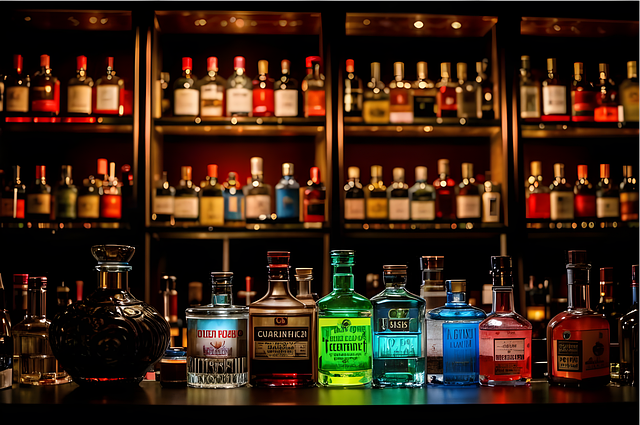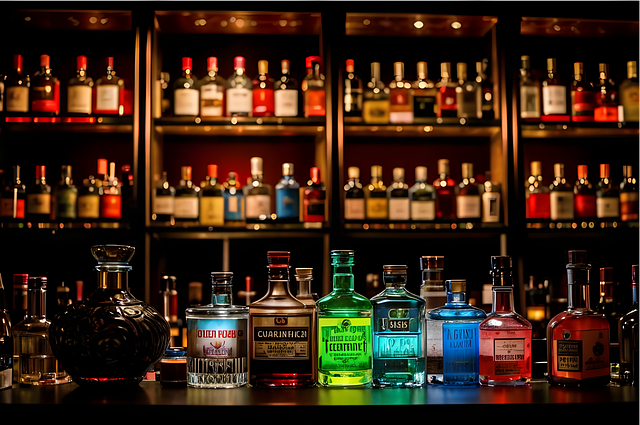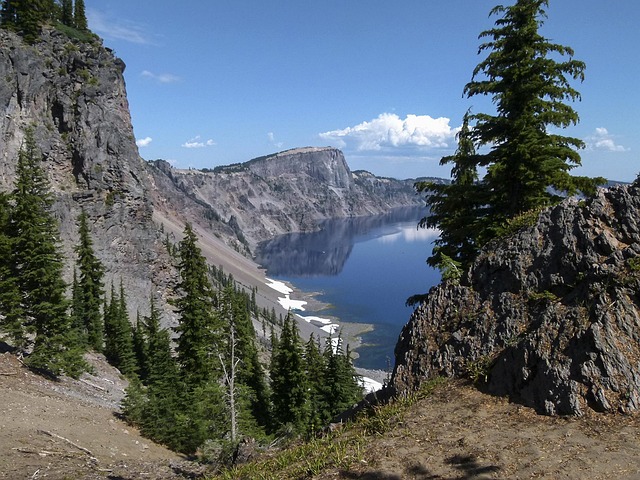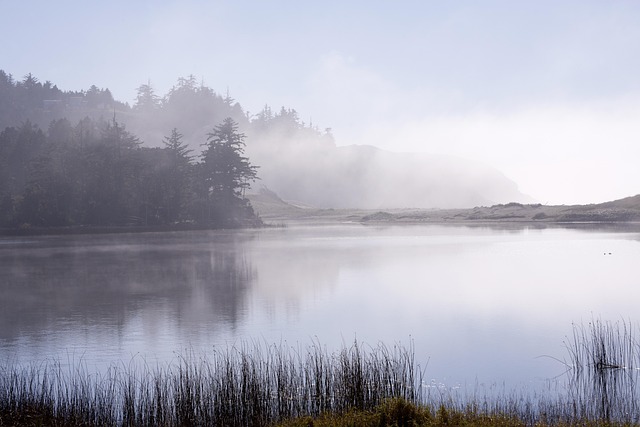Prohibition law enforcement in Oregon faced unique challenges due to the state's geographical features and mixed resident sentiments. Lane County encountered hurdles with a rural landscape, corrupt officers, and bootleggers exploiting legal loopholes across state lines. Intense local debates mirrored national conversations, reflecting moral, economic, and social views on prohibition that shaped future law enforcement strategies in Oregon and beyond.
Lane County, Oregon, played a pivotal role in the state’s prohibition era, a period marked by intense debates and social upheaval. This article delves into the historical context of Oregon’s ban on alcohol, specifically examining the challenges faced by local law enforcement in Lane County. We explore the vocal public opinion and protests that surrounded the prohibition law, shedding light on the complex dynamics between government, citizens, and the enforcement of this controversial legislation.
- Historical Context: Oregon's Prohibition Era
- Challenges in Lane County: Law Enforcement Struggles
- Debates and Protests: Public Opinion on Prohibition Law
Historical Context: Oregon's Prohibition Era

Oregon, known for its progressive policies, found itself in a unique position during the Prohibition era. The state’s history with strong anti-alcohol sentiment dates back to the late 19th century when it became one of the first states to pass local option laws, allowing communities to decide whether or not to ban the sale and consumption of alcohol. This early adoption of restrictive measures set the stage for Oregon’s role in national Prohibition debates.
The federal Prohibition law, enacted in 1920, was met with both enthusiasm and skepticism in Oregon. While some residents embraced the cause of dry laws, others viewed it as an intrusion on personal freedoms. The state’s geography, with its long border shared with Washington and California, also presented challenges for law enforcement. Oregon’s unique historical context thus became a crucial factor in shaping the local discourse surrounding Prohibition, leading to lively debates that continue to resonate in the region’s historical archives.
Challenges in Lane County: Law Enforcement Struggles

Lane County, Oregon, faced significant challenges during the Prohibition era in enforcing the new national ban on alcohol. The county’s vast and largely rural terrain made it difficult for a relatively small number of law enforcement officers to patrol effectively. Distillers and bootleggers exploited these geographical advantages, setting up clandestine distilleries in remote areas and transporting illegal liquor across the state line from California, where production was still legal.
These obstacles were further compounded by corruption and inadequate resources within the local police force. Some officers were themselves involved in the illicit trade, accepting bribes from bootleggers to turn a blind eye to their activities. This undercut the effectiveness of law enforcement efforts and contributed to the ongoing battle between authorities and those seeking to profit from the illegal sale of alcohol.
Debates and Protests: Public Opinion on Prohibition Law

In Lane County, Oregon, during the prohibition era, lively debates and protests echoed through town halls and local newspapers. The implementation of the prohibition law sparked intense public discourse, with residents passionately expressing their views on the efficacy and morality of banning alcoholic beverages. Pro-prohibitionists argued that it was a necessary measure to combat the perceived social ills associated with alcohol, citing improved public health and reduced crime rates as potential benefits. They saw it as a way to protect families and communities from the perceived destructive nature of alcoholism.
On the other hand, anti-prohibitionists countered that such laws were an overreach of government power and infringes upon individual freedom. They organized protests, highlighting the negative economic impact on businesses, particularly those tied to the production and sale of alcohol. These debates reflected a broader national conversation, where varying perspectives clashed, shaping public opinion and influencing future legislative decisions regarding prohibition law enforcement in Oregon and beyond.














